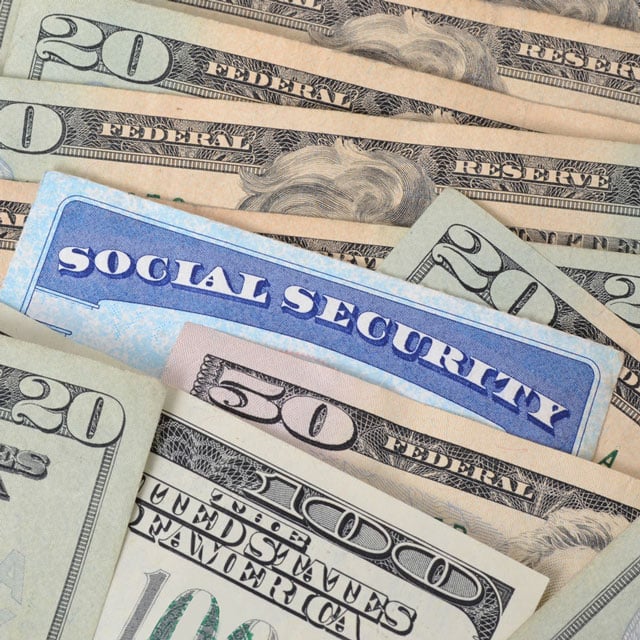Social Security Made Nearly $72B in Improper Payments, Watchdog Reveals

Beneficiaries who receive overpayment notices, “whether as a consequence of an error on their part or on the part of the program, are often surprised to receive them and may not have the money on hand to immediately pay back the overpaid funds,” added Maria Feese, senior legislative representative at the National Committee to Preserve Social Security and Medicare, in another email.
O’Malley “has been in office for less than a year, and, under his leadership, SSA has taken admirable strides to reduce overpayments and cushion the impact on seniors who receive overpayment notices,” Feese said.
While the OIG report “may be correct that SSA’s efforts to date have not yet solved the problem,” Feese continued, “it’s important to bear in mind that SSA has been chronically underfunded for more than a decade, while the agency’s workload has significantly increased as the number of retirees swells.”
House appropriators have designated roughly $400 million below current funding, while the Senate approprations bill provides some $400 million above current funding, Feese noted, “but nowhere near the boost of $1.3 billion that President Biden requested in his 2025 budget.”
SSA “cannot properly service Social Security beneficiaries without proper funding, let alone fully solve the overpayment problem,” Feese said.
Improper Payments
Improper payments “can be overpayments (when SSA pays someone more than they are due) or underpayments (when SSA pays someone less than they are due),” the report states.
Most of the unimplemented recommendations made by OIG addressed two reasons for improper payments in SSA’s programs: beneficiary self-reporting information and insufficient controls in SSA’s automated and manual processes, the report states.
OIG’s audits confirmed SSA’s reliance on beneficiaries to self-report changes in their circumstances resulted in improper payments.
“Obtaining data that assist with making eligibility and payment determinations from external sources, such as other Federal and state agencies and financial institutions, is critical to preventing and detecting improper payments,” the report warns.
While processes to recover overpayments and address underpayments also need to be improved, the report states, SSA has taken some steps to improve the prevention, detection and recovery of improper payments.
For instance, the report notes that in October 2023, “SSA initiated a comprehensive review of overpayment procedures, policies, systems, and communications to determine where it could make improvements.”
SSA is also developing “an information exchange to obtain monthly earnings data from third-party payroll data providers, which may reduce the occurrence of improper payments for beneficiaries who work while receiving benefits,” the report states.






